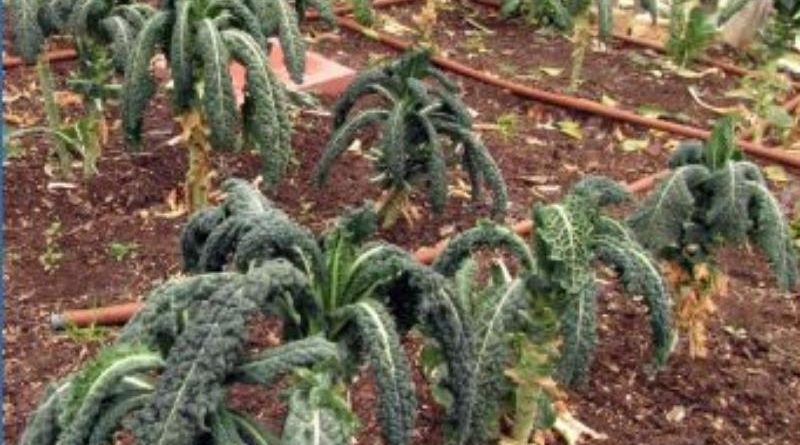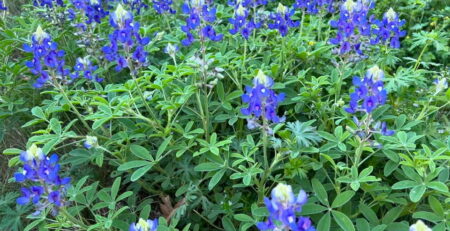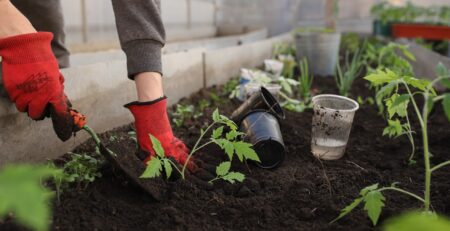Freeze Warning: Protect Your Plants
North Texas will soon experience its coldest weather so far this winter. There’s still time to take action to help landscape and garden plants survive.
The easiest and most important action is to be sure everything is well watered. Wet soil will not chill as quickly as dry soil and the freeze line will be shallower. Plants that are well watered will absorb extra water and improve their resistance to cold, drying winds. Weather forecasts predict rain before it freezes, but watering ASAP will give the plants more time to absorb the water they will need.
Before the freeze comes, harvest everything from the garden that you can use. Water the rest deeply, mulch with whatever is available, and cover the plants to improve their chances of surviving. Onions are usually hardy to around 20°F but water and mulch them and cover them if possible. Beets, Brussels sprouts, carrots, collards, kale, parsley, and spinach show good resistance to freezes.
When you cover plants in the garden or in your landscape, be sure to drape the cover all the way to the ground and place rocks or bricks to hold the covers in place. The object is to trap the heat from the ground under the cover. Commercial freeze cloth is the best cover, but you can use anything that breathes. If you use plastic, be sure to use a layer of fabric against the plants and place the plastic over that. And be sure to remove the plastic as soon as the temperature rises back to the 30s. When the sun comes out it can quickly get too hot under plastic sheeting.
Water all potted plants well. Move tropical ornamentals into the house. Move hardier ornamentals into a garage or other well protected space. If pots are too big to move, water them well and wrap the pots to protect the roots from a hard freeze. Remember that roots in pots will get colder than roots planted in the ground. Tent the plants with a protective fabric cover.
Water your palms and move them, if possible, into a protected space. If they’re too big to move, protect the growth tip and the trunk. Tie the fronds up over the growth tip and wrap with insulating layers. Wrap the pots to help protect the roots from freezing,
Cool weather annuals like pansies will probably come through this freeze in good condition. Water them well. Rake leaves over them or cover them with fabric, newspapers, cardboard or other non-plastic covers for a little extra protection and faster post-freeze recovery.
Hardy perennials in the ground will be fine. Just be sure they’re well watered. A layer of mulch is always a good idea, freeze or no freeze.
Learn more:
Protecting Lanscapes and Horticulture Crops From Frosts and Freezes
*Kale freeze damage photo above from Texas A&M AgriLife Extension.












